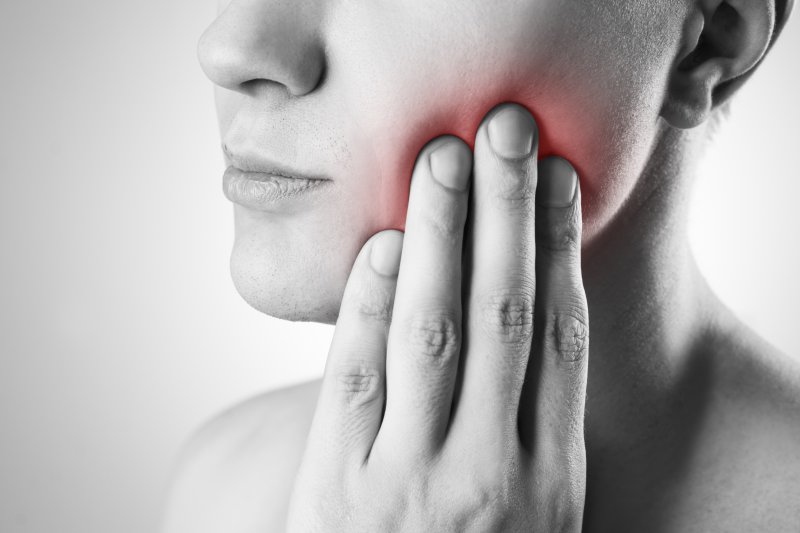
When your jaw is healthy, it’s not necessarily something you spend a lot of time thinking about. However, once you start to notice discomfort, life if you find it difficult to open and close your mouth, or you hear clicking in your jaw joints, it becomes impossible to ignore. In order to dispel the misinformation that exists online today, an expert in TMJ disorder and problems related to the jaw joints would like to debunk five of the most common TMD myths.
“TMJ” is Considered a Medical Condition
It’s a common misconception, but TMJ actually refers to the joints connecting your jaw to the skull, not the disorder itself. When there is pain in your jaw and the muscles that surround and control it, this is known as temporomandibular disorder or TMJ disorder. Therefore, when describing the disorder, it should be described as “TMD.”
TMD is Quite Rare
It may be surprising to hear, but about 35 million people in the United States alone suffer from disorders affecting either the TMJ or its surrounding muscles. Globally, as many as 1 in 10 have TMD, making it extremely common. Not only can people at any age experience TMD, but women and adults between 20 and 30 years of age have a higher risk!
You Can Only Get TMD Following an Accident or Injury
It is true that people can easily develop TMD following physical blows to the jaw and head during car accidents or as a result of whiplash, but it’s not the only cause. For example, if your bite is uneven or you regularly clench and grind your teeth, this can cause jaw pain, put stress on the hard and soft tissues inside the jaw, and even damage your tooth enamel.
Headaches are Unrelated to TMD
The opposite is true. In fact, headaches are quite prevalent in TMD patients. One study conducted at the University of Buffalo School of Dental Medicine found that 82% of females and 17% of males experience tension headaches due to their TMD. It causes pain not only in your TMJ, but your cheeks and head.
You Need Surgery to Treat TMD
You should only consider surgery if you have no other options to relieve your pain, especially if the discomfort is particularly serious. Instead, you should give other treatment options a look first. Unless you were born with a serious jaw defect that needs to be corrected, you should seek attention from a dentist with training in TMD. This may include jaw massages, cold compresses, and dedicated oral appliances that prevent stress on your jaw joints, giving them a chance to relax and heal.
Don’t let TMD myths influence your decision making when it comes to TMJ therapy in Covington. Instead, call a dental expert who can offer multiple solutions to your chronic discomfort!
About the Author
Dr. Stephen Dean completes many hours of continuing education every year, including on subjects related to treating the TMJ and symptoms caused by TMD. He’ll gladly explain your treatment in great detail, answer your most pressing questions, debunk common myths regarding the disorder, and make sure you’re feeling comfortable and confident with your upcoming treatments. To schedule an appointment, you can contact him through his website.

